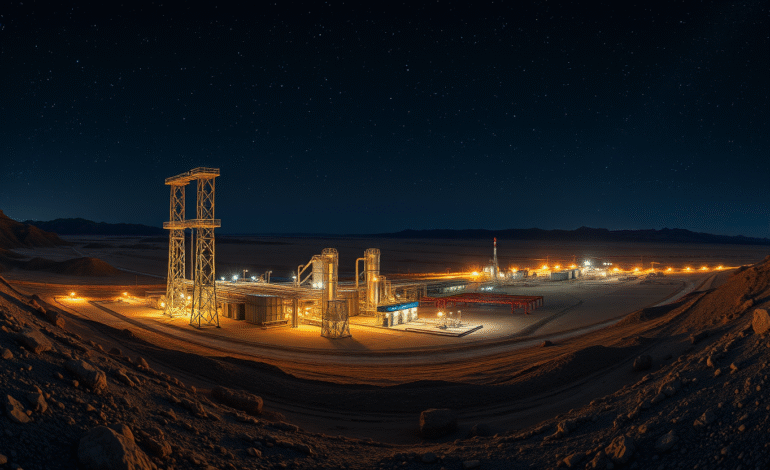Rodatherm Energy Unveils $38M Funding for Revolutionary Closed-Loop Geothermal Pilot Plant in Utah, Challenging Established Players

Geothermal startup Rodatherm, poised to disrupt the industry, has emerged from stealth with a $38 million funding round and ambitions to construct a pilot plant in Utah.
Unlike other enhanced geothermal companies that primarily use water for heat transportation from Earth’s depths, Rodatherm employs a closed-loop system—likely made of steel—filled with refrigerant. This innovative approach sets the startup apart in the competitive landscape, which includes players such as Fervo Energy, Sage Geosystems, XGS Energy, and Quaise.
The Series A round was spearheaded by Evok Innovations, with contributions from Active Impact Investments, Giga Investments, Grantham Foundation for the Protection of the Environment, MCJ, TDK Ventures, Tech Energy Ventures, and Toyota Ventures.
However, Rodatherm will face stiff competition as it enters an established market. Fervo Energy stands out in the sector, having raised nearly $1 billion and planning to complete a 100-megawatt first phase of its Cape Station power plant next year, with an additional 400 megawatts slated for 2028. Fervo also has agreements to supply Google with electricity for their data centers, and XGS Energy has a deal with Meta to develop a 150-megawatt power plant in New Mexico for the tech giant’s data centers.
Rodatherm asserts that its closed-loop, refrigerant-based system boasts a 50% efficiency advantage over conventional water-based systems. Air-source heat pumps, commonly known as minisplits, utilize hydrocarbon-based refrigerants to transfer heat between indoor and outdoor spaces.
The startup’s patent details that the closed-loop design eliminates the need for filters to screen grit and debris typically found in open-loop systems, as groundwater flow breaks loose rock fragments. Additionally, it minimizes water usage compared to traditional methods.
While Rodatherm’s approach may incur increased drilling and installation costs due to its complexity, its refrigerant-based design’s added efficiency could potentially offset these expenses—an unanswered question until the company completes a well.
The Series A funding will support Rodatherm in finishing a small 1.8-megawatt pilot plant in Utah by the end of 2026, with utility provider Utah Associated Municipal Power Systems set to purchase electricity from the project.






